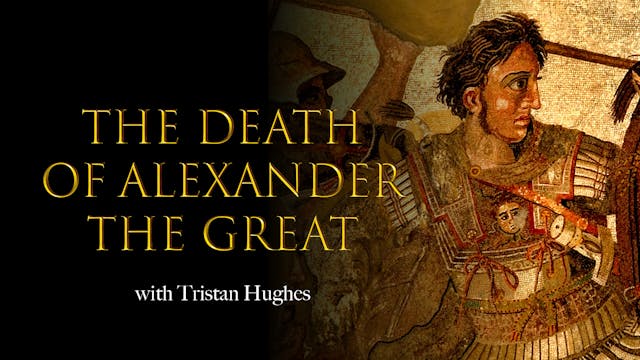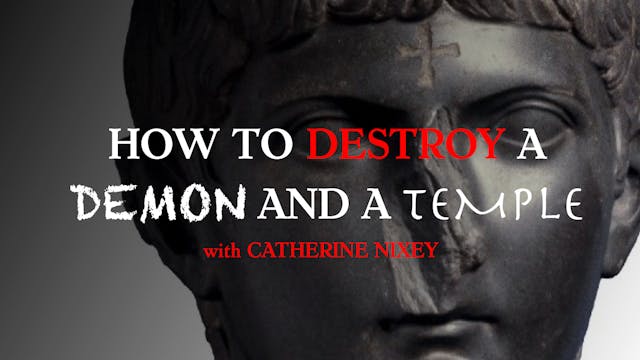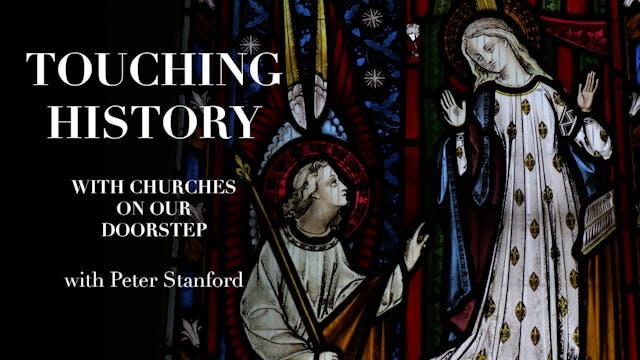Most things you ‘know’ about science and religion are myths or half-truths that grew up in the last years of the nineteenth century and remain widespread today.
The true history of science and religion is a human one. It’s about the role of religion in inspiring, and strangling, science before the scientific revolution. It’s about the sincere but eccentric faith and the quiet, creeping doubts of the most brilliant scientists in history – Galileo, Newton, Faraday, Darwin, Maxwell, Einstein. Above all it’s about the question of what it means to be human and who gets to say – a question that is more urgent in the twenty-first century than ever before.
From eighth-century Baghdad to the frontiers of AI today, via medieval Europe, nineteenth-century India and Soviet Russia, Magisteria sheds new light on this complex historical landscape. Rejecting the thesis that science and religion are inevitably at war, Nicholas Spencer illuminates a compelling and troubled relationship that has definitively shaped human history.
Nick is Senior Fellow at Theos. He is the author of a number of books, including Magisteria: The Entangled Histories of Science & Religion (Oneworld, 2023) and The Political Samaritan: how power hijacked a parable (Bloomsbury, 2017). Nick is Visiting Research Fellow at the Faiths and Civil Society Unit, Goldsmiths, University of London and a Fellow of the International Society for Science and Religion.
Up Next in Member Exclusive Lectures
-
The Death of Alexander the Great
On 10/11 June 323 BC, King Alexander III of Macedon, better known as Alexander ‘the Great’, died in Babylon aged 32. In his lifetime, he had forged one of the largest empires the world had yet seen, theoretically stretching from Greece to the Punjab, from Egypt to Samarkand. What followed his dea...
-
How to Destroy a Demon (and a temple)
The Hollywood story version of the clash between Christians and pagans is simple: in this story, nasty, brutish Romans throw gentle, uncomplaining Christians to the lions. The truth was more complicated - and Christianity was much less meek. When Christians came to power in the Roman world, they ...
-
Touching History
Join us as we hear all about iconic church stories. Writer and broadcaster Peter Stanford, inveterate “church crawler” and author of ‘If These Stones Could Talk: A History of Christianity in Britain and Ireland’, published in paperback last year by Hodder, will share some favourite churches from ...




1 Comment